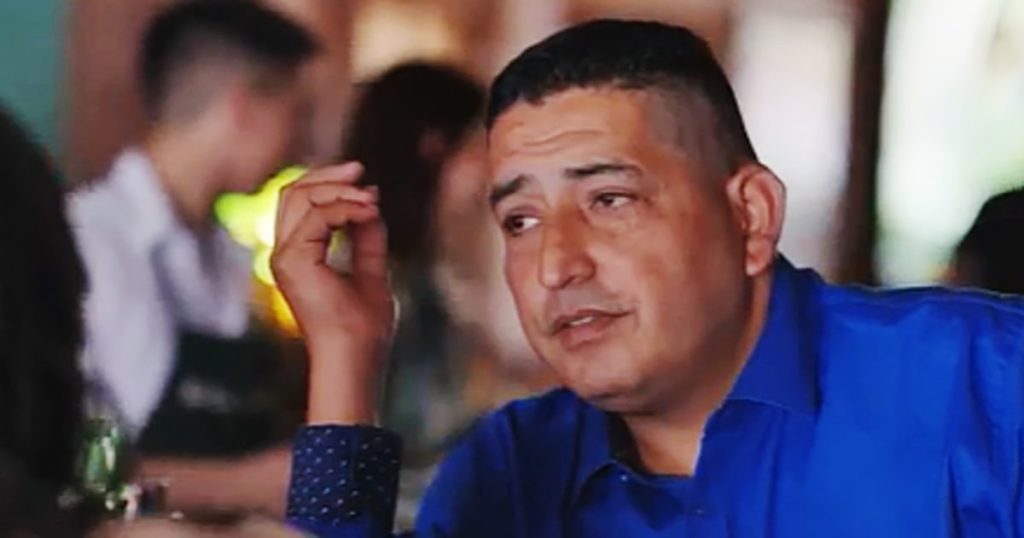Miami-Dade County in Florida, once a Democratic stronghold due to its heavily Latino population, has become a battleground county ahead of the 2024 election. In the 2016 election, Hillary Clinton won the county by 29 points, but in 2020, Joe Biden’s margin decreased to 7 points. In the 2022 midterms, Republican Governor Ron DeSantis won the county by a significant margin, all three Miami-Dade congressional seats remained red, and Senator Marco Rubio defeated his Democratic challenger by 16 points, despite losing the county in 2016.
José Díaz-Balart, an anchor for MSNBC and NBC News, engaged in a discussion with four prospective voters at the Ball & Chain Restaurant in Miami’s Little Havana. The group’s diverse backgrounds provided insights into the issues that are most important to Miami’s voters and how these issues are shaping their decision for the upcoming election in November. The conversation took place in a historically significant location, highlighting the political significance of Miami-Dade County in the national landscape.
The shift towards Republican candidates in Miami-Dade County has surprised many observers, given its large Latino population and previously Democratic leaning. Governor Ron DeSantis’s popularity and success in the county, along with the victories of Republican congressional candidates and Senator Marco Rubio, signal a changing political landscape. The diverse perspectives of the voters interviewed by Díaz-Balart shed light on the issues driving this shift, ranging from concerns about crime and public safety to economic opportunities and healthcare.
The impact of these key issues on Miami-Dade County voters reflects broader trends in American politics, where both parties are seeking to appeal to a diverse electorate with varying priorities. The conversation at the Ball & Chain Restaurant provides a glimpse into the complexities of political decision-making in a diverse community like Miami, where cultural heritage and personal experiences play a significant role in shaping voter preferences. As the 2024 election approaches, candidates will need to navigate these nuanced dynamics to win over Miami-Dade County voters and secure electoral success.
The Republican victories in Miami-Dade County in the 2022 midterms demonstrate the evolving nature of political ideologies and voter preferences in a diverse community like Miami. Governor Ron DeSantis’s ability to attract support from Latino voters, along with the successes of Republican congressional candidates and Senator Marco Rubio, underline the complexities of voter behavior in a changing political landscape. The insights gained from the conversation at the Ball & Chain Restaurant offer valuable perspectives on the issues driving voter decisions and shaping the electoral outcomes in Miami-Dade County.
As the 2024 election looms, the battleground status of Miami-Dade County serves as a microcosm of larger political trends in the United States. The shifting alliances and changing voter preferences in this diverse community underscore the importance of understanding and addressing the concerns of a broad spectrum of voters. By engaging in conversations like the one led by José Díaz-Balart, politicians and candidates can gain valuable insights into the issues that matter most to Miami’s electorate and tailor their campaigns to resonate with the diverse voices shaping the future of the county and the nation.















